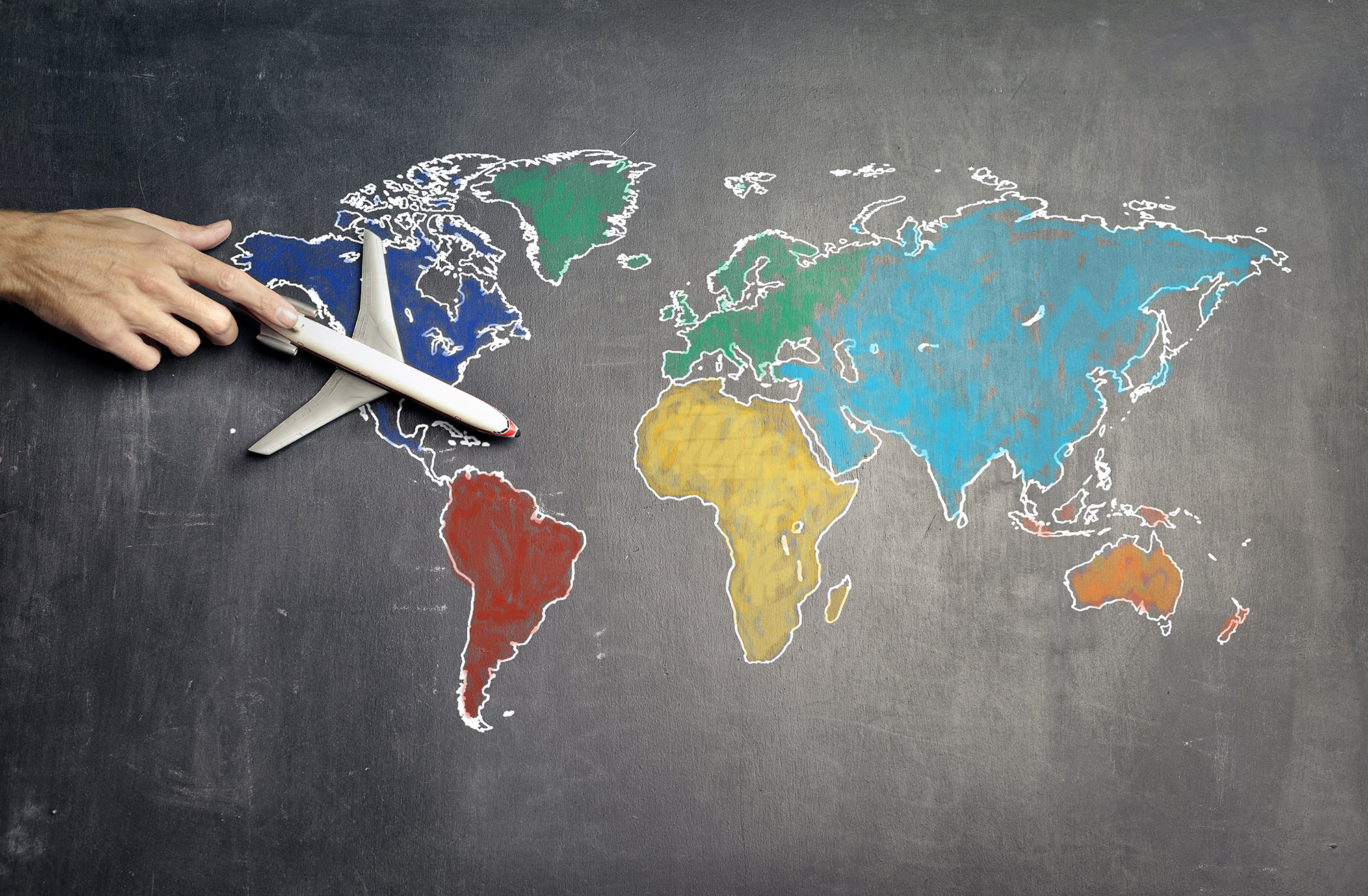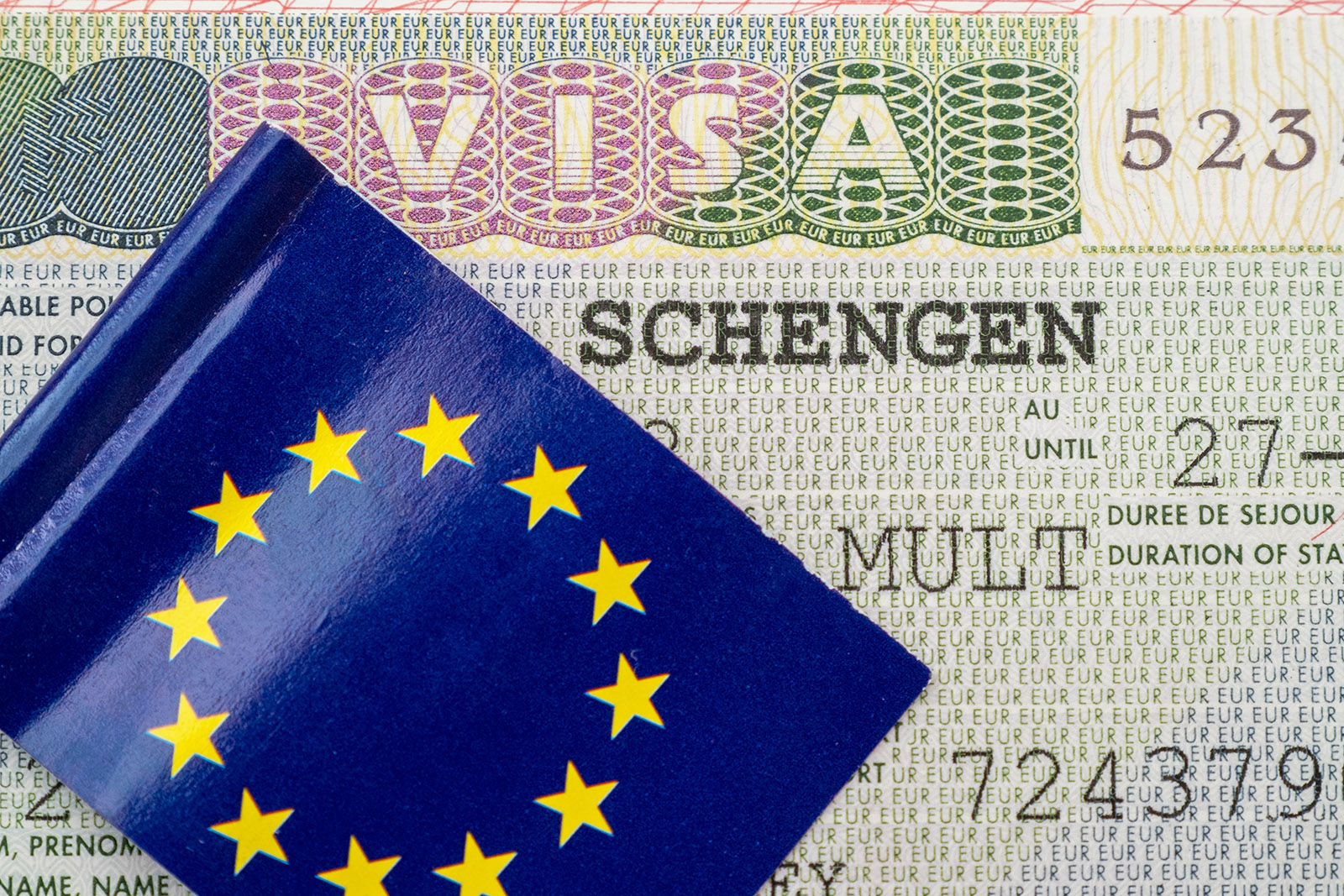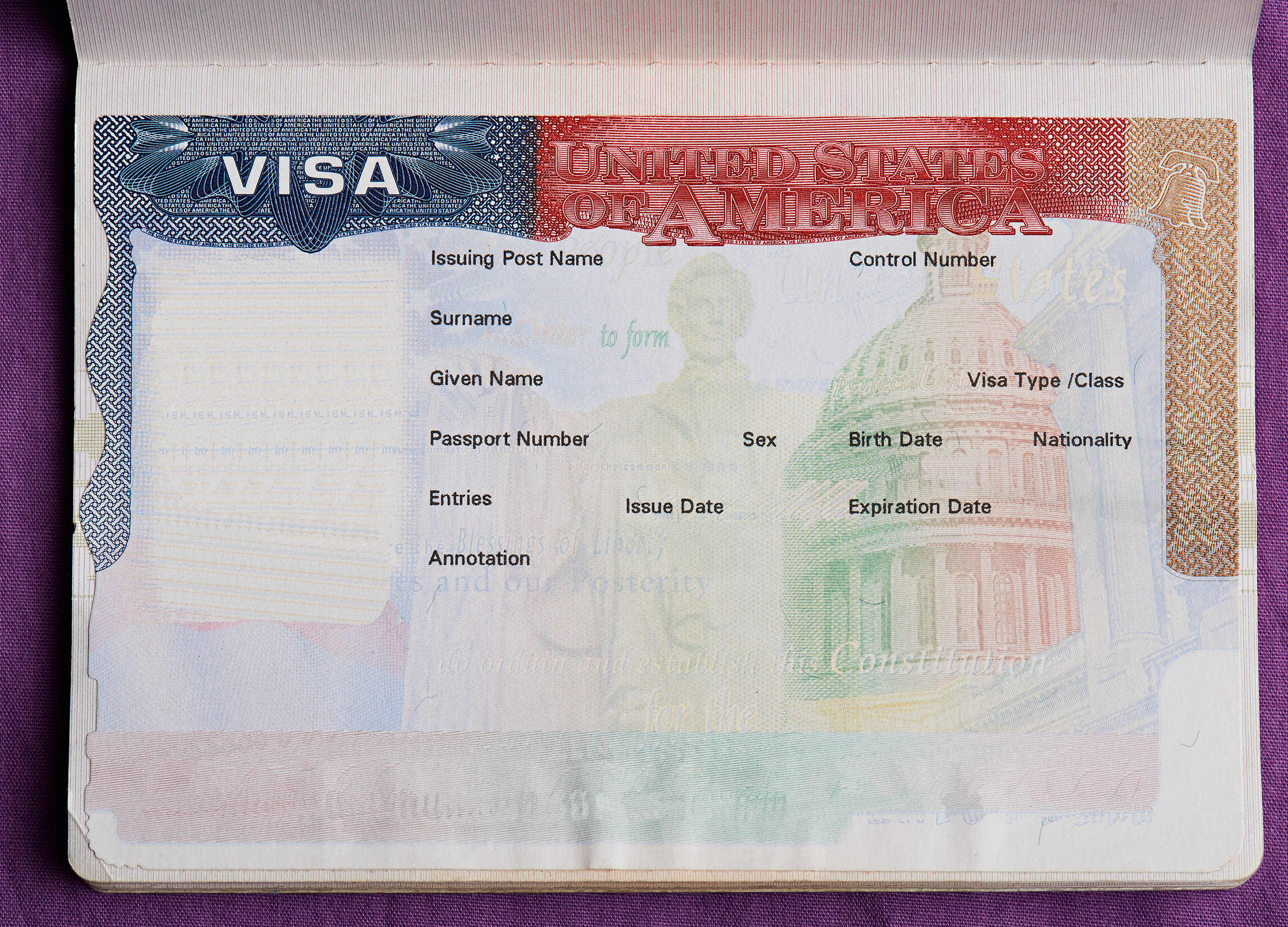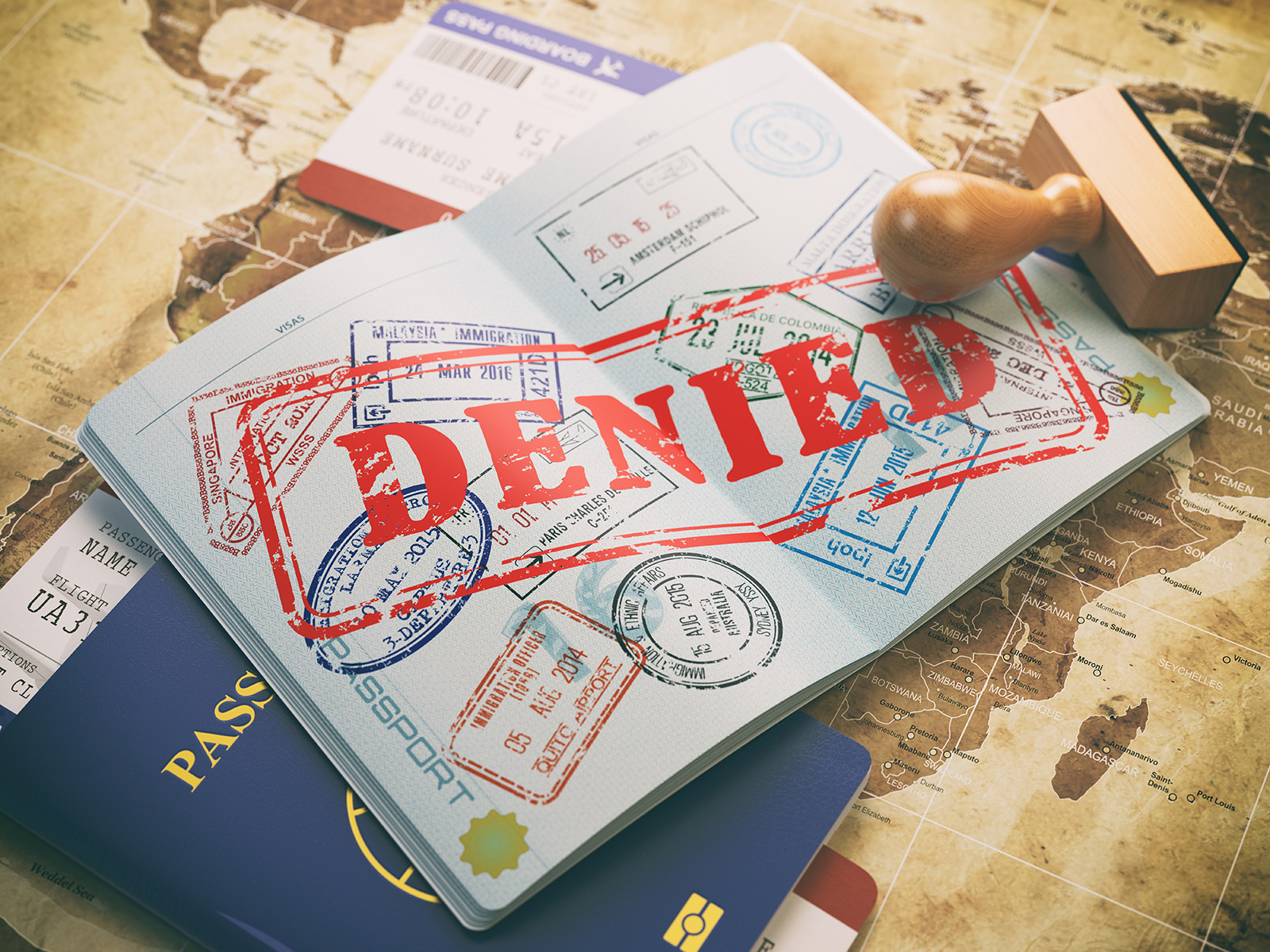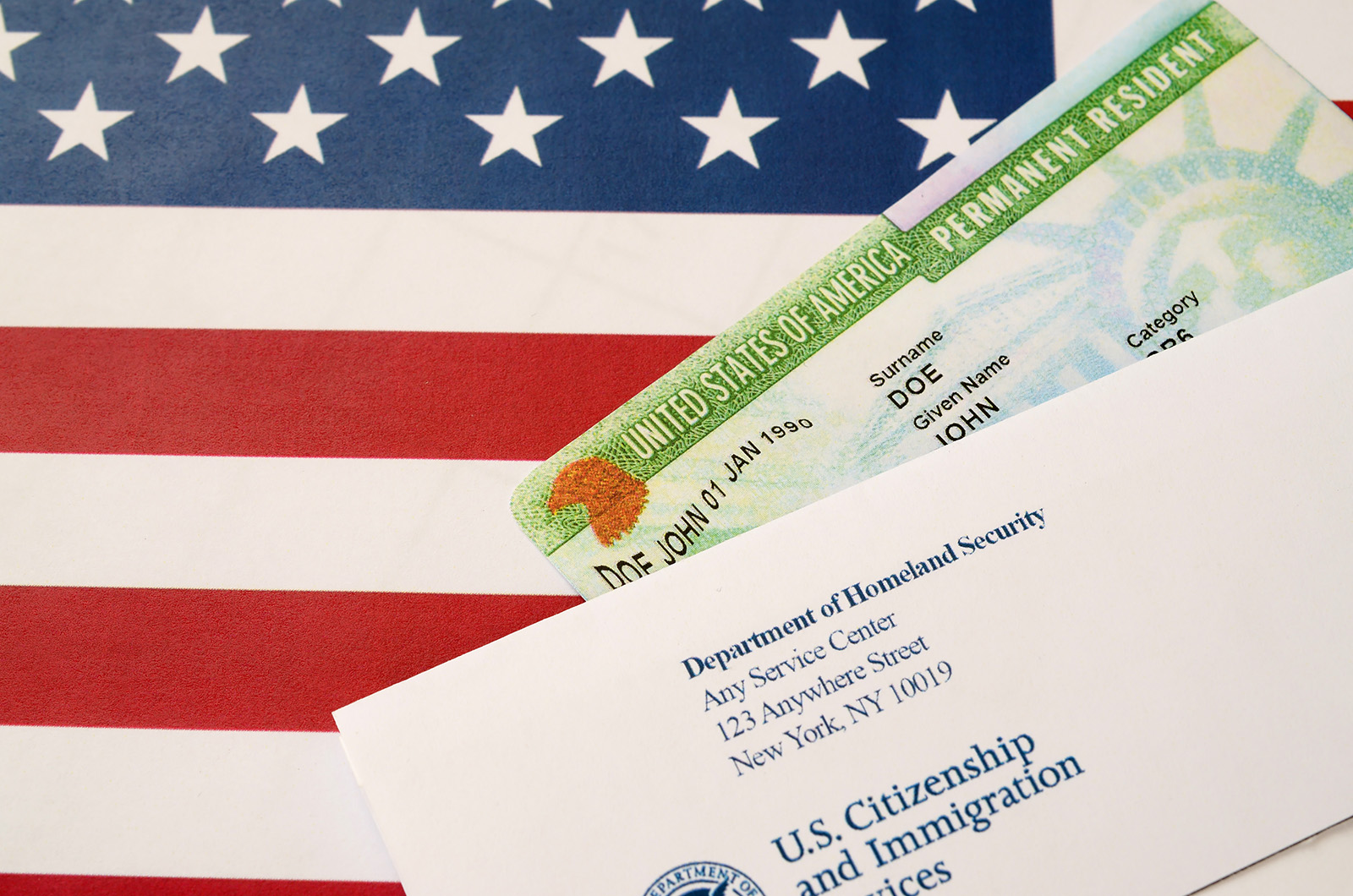Immigration is a significant issue that affects countries all around the world. While many countries welcome immigrants with open arms, there are some countries that do not allow immigration at all. In this article, we will discuss how many countries do not allow immigration and the reasons behind these policies.
It is important to note that while some countries may not allow immigration, they may still accept certain types of visas or work permits for temporary stays.
Countries that Do Not Allow Immigration
There are several countries that do not allow immigration, including Bhutan, North Korea, and Vatican City. Bhutan, located in the eastern Himalayas, is known for its policy of “Gross National Happiness,” which prioritizes the happiness and well-being of its citizens over economic growth. As a result, Bhutan does not allow immigration in order to maintain its unique cultural heritage and way of life.
North Korea, a communist state located in East Asia, has a highly restrictive immigration policy due to its government’s control over all aspects of its citizens’ lives. The government tightly controls all entry and exit from the country, and only a small number of foreigners are allowed in for specific purposes.
Vatican City, located in the heart of Rome, is the smallest country in the world and home to the Roman Catholic Church. Vatican City does not have a permanent population, and immigration is not allowed due to its status as a religious city-state.
Reasons for Not Allowing Immigration
There are several reasons why countries may choose not to allow immigration. Some countries may want to maintain their cultural identity and protect their citizens from outside influences. Others may be concerned about national security and the potential threat of terrorism. Additionally, some countries may simply not have the resources or infrastructure to support an influx of immigrants.
In some cases, a country’s immigration policy may be influenced by political factors, such as the desire to limit the number of refugees or to protect jobs for citizens. In other cases, the policy may be driven by religious or ideological beliefs, such as the case with Vatican City.
Conclusion
In conclusion, there are several countries that do not allow immigration due to a variety of reasons, including cultural preservation, national security concerns, and limited resources. While immigration policies vary greatly from country to country, it is important to remember that everyone has the right to seek a better life for themselves and their families. Understanding the reasons behind these policies can help to foster greater understanding and respect between different cultures and nations.
Need help with an immigration related issue? Contact the Law Firm of Solomon Musyimi today!

